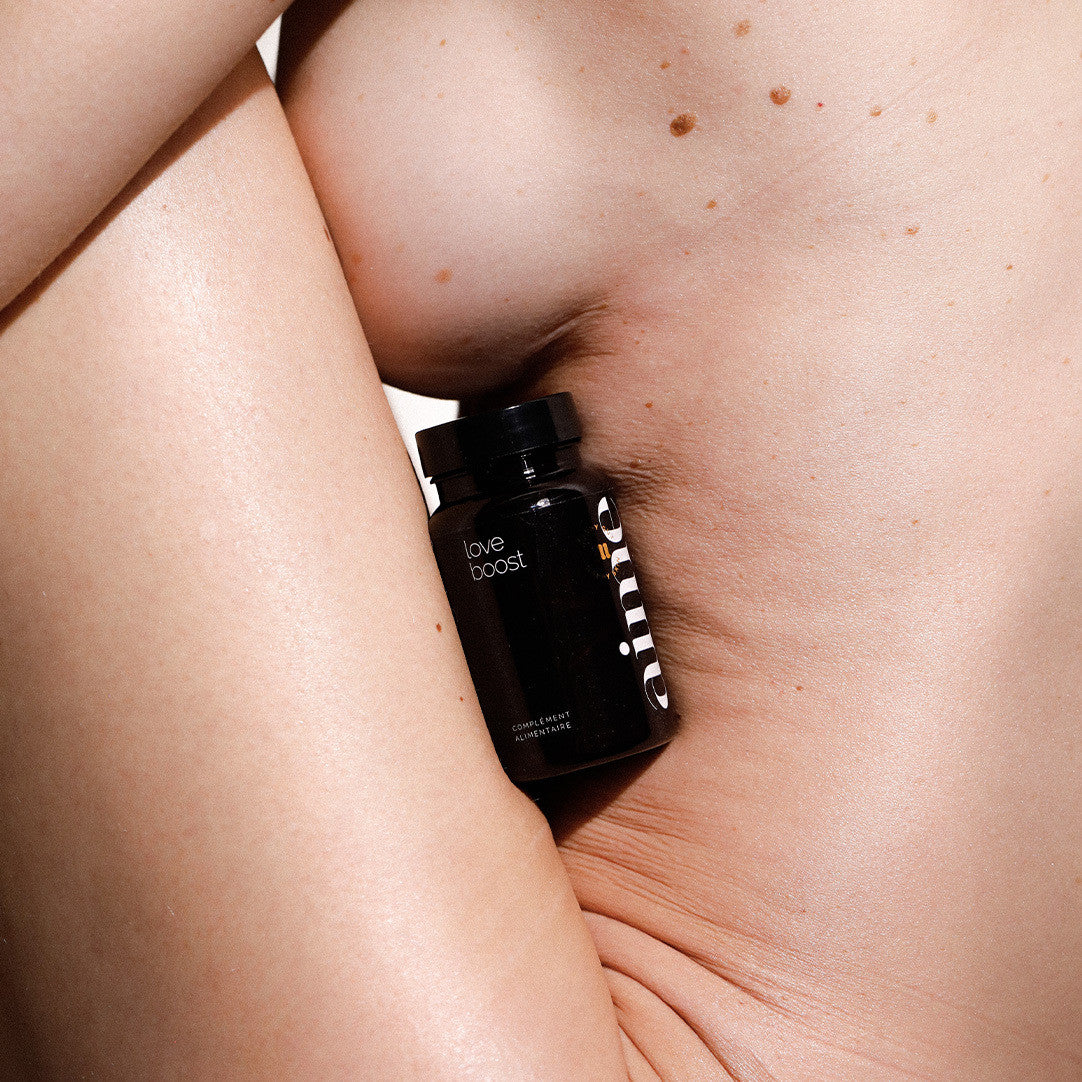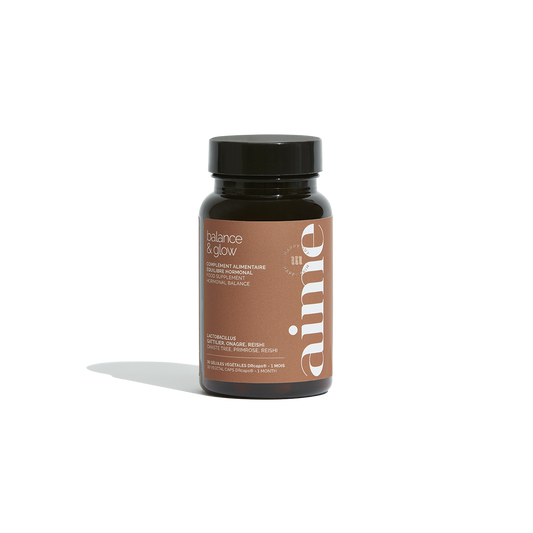What are perimenopause and menopause?
“ Every woman is born with an ovarian reserve. Premenopause occurs when this reserve decreases considerably. Menopause marks the end of this reserve with the cessation of menstruation ,” says Dr. Nadège Roquet, obstetrician-gynecologist.
What's happening in your body? Menopause occurs when estrogen levels drop around the ages of 45 and 55. “ The length of this period, from premenopause to menopause, varies greatly, sometimes lasting between two and ten years ,” the doctor explains. “Accepting the situation is crucial. This period can be short, or not. You simply have to learn to accept this delicate moment, which will eventually end .”
What are the signs of menopause?
Signs of perimenopause can vary from woman to woman, but most have experienced these symptoms.
- Menstrual irregularities: Periods may become irregular, lighter or heavier, and eventually stop altogether.
- Hot flashes: These famous sudden sensations of heat that rise in the upper body, often accompanied by redness and sweating. At night, these are more likely night sweats that can disrupt sleep.
“ This can be remedied with an anti-inflammatory diet or acupuncture ,” explains Dr. Roquet.
- Sleep disturbances: Some women experience more difficulty falling asleep, staying asleep, or maintaining quality sleep. Fatigue is then felt more heavily.
The right reflex: a few drops of Sleep & Glow to help you fall asleep.
- Vaginal dryness: The drop in estrogen causes a lack of vaginal lubrication, which can lead to pain or discomfort during sexual intercourse.
- Mood swings: similar to premenstrual syndrome, these mood swings manifest as irritability, sometimes bordering on anxiety.
- Weight gain : Many women notice an increase in their weight on the scale or changes in body fat distribution during menopause. It is possible to anticipate this normal phase by doing more physical exercise and adapting your diet: more vegetables and fiber, more plant-based protein, and less fat and sugar.
- Decreased libido: Some women may experience a decrease in their sexual desire due to hormonal variations but also to the changes they observe in their body.
- Dry skin and hair loss: Less elastin, less collagen, less hyaluronic acid… Skin may become drier and hair may become thinner or fall out due to hormonal fluctuations.
- Osteoporosis: A decrease in estrogen can lead to bone loss, increasing the risk of fractures.
Newsletter
Subscribe to the newsletter to make sure you don't miss any articles!
It is important to note that not all symptoms are experienced by all women, and their intensity can vary considerably from person to person.
If you think you may be going through menopause and are experiencing any disturbing symptoms, it is recommended that you consult a healthcare professional for appropriate advice and support.
What are the effects of menopause on the skin?
The hormonal changes of menopause cause changes in the appearance of the skin. “ Estrogens stimulate the synthesis of collagen and elastin, which are the elements that give the skin a healthy, plump, and bouncy appearance. The skin becomes thinner and loses elasticity, and wrinkles appear. They also promote the production of hyaluronic acid, which allows the skin to be well hydrated. It is then drier and less comfortable. Finally, progesterone acts on the regulation of sebum and, along with hyaluronic acid, helps retain water and therefore promotes the skin's radiance. With the drop in female hormones compared to male hormones, there can be an overproduction of sebum, which causes blackheads and hormonal acne. ”
The good inside & out routine:
Focus on treatments that are both moisturizing and nourishing with richer textures.
Taking collagen orally helps to at least partially compensate for this reduction and keep the skin as elastic as possible.
Take a Balance & Glow treatment to limit hormonal acne breakouts and rebalance the skin.
How to live well during perimenopause: natural treatments
To experience menopause and the period surrounding it well, you need to prepare for it in advance. “ This is the time to have more regular gynecological check-ups and to dare to talk to your gynecologist or midwife about any discomforts that arise, such as irritation or dryness due to the thinning of the vaginal mucosa, which can cause sexual difficulties. ”
Are you looking for natural treatments for the effects of menopause?
Probiotics , especially lactobacilli, in yogurts and food supplements like Love Boost can help.
The gynecologist also recommends using moisturizing intimate care products based on hyaluronic acid in the form of suppositories or creams. Another good idea: taking marine collagen can help promote better hydration of the body and therefore greater comfort.
That's why Aime has put together a trio of supplements to help you get through this phase smoothly.
- Balance & Glow is the best-selling formula for female hormonal balance.
- Love Boost contributes to better intimate comfort.
- Collagen Glow acts on the beauty and overall firmness of the skin.
These three complementary formulas should be combined for a fulfilling menopause.
Menopausal, so what?
“ This period is difficult to live through, with fatigue and irritability. It is not inevitable, but it is a reality that has hormonal and physical reasons, and which can also come from seeing oneself getting older,” concedes Dr. Nadège Roquet. But the word “menopause” is not insulting! It is a stage that women experience badly and the weight of society worsens this feeling. It is not an expiration date but a stage in a woman’s life, like puberty was. ” Today, many magazines, books and podcasts are opening up about this period that has long remained taboo, and that’s a good thing!










